Why US Navy Pilots Aren't Necessarily The Best Witnesses When It Comes To Reporting UFOs
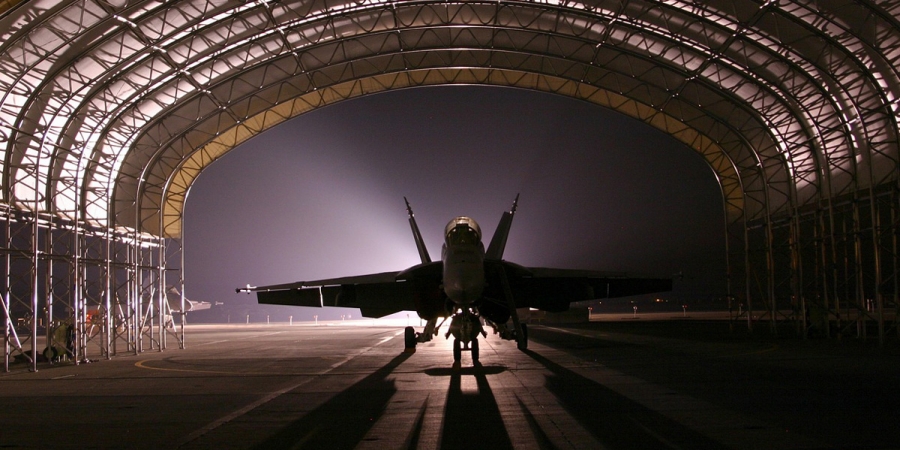
Photo: David Mark

Photo: David Mark
This page is more than one year old and was last updated in November 2024.
In the wake of the landmark US congressional hearing on Unidentified Aerial Phenomena (UAPs) last month, ufologists around the globe are buzzing. The hearing called on three highly esteemed figures as witnesses - Ryan Graves, a former US Navy Pilot; David Grush, a former intelligence officer; and David Fravor, a former US Navy Commander.
Despite some lawmakers' skepticism and suggestions that the unexplained objects the witnesses described could have more terrestrial origins, the testimonies were influential enough to spur discussions on the national security implications of such encounters and the need for a more robust investigative approach to these phenomena.
However, the central question here isn't whether these men are trustworthy. It's whether their professions should automatically grant their testimonies added weight. As with Nobel Prize winners who have been known to advocate controversial or downright false beliefs outside their areas of expertise — a phenomenon cheekily referred to as "Nobel Disease" — smart people can be wrong.
The Nobel Disease
In 1993, American biochemist Kary Banks Mullis was awarded both the Nobel Prize and the Japan Prize. A brilliant mind in his field, Mullis, like other Nobel Laureates, later made assertions far outside his domain of expertise. He controversially downplayed humans' role in climate change and questioned the well-established link between HIV and AIDS. These views were largely unsupported by the scientific community, reflecting a pattern where some Nobel winners feel empowered by their accolades to speak on topics beyond their realm of knowledge.
Other Nobel Prize winners have endorsed beliefs that vaccines cause autism and have promoted racist ideologies. Then there's Charles Richet, Nobel laureate in Physiology or Medicine in 1913. Despite his groundbreaking work on anaphylaxis, Richet believed in extrasensory perception, paranormal activity, dowsing, and ghosts.
Advertisement ‐ Content Continues Below.
Expert In Flight, Not In Extraterrestrial Life
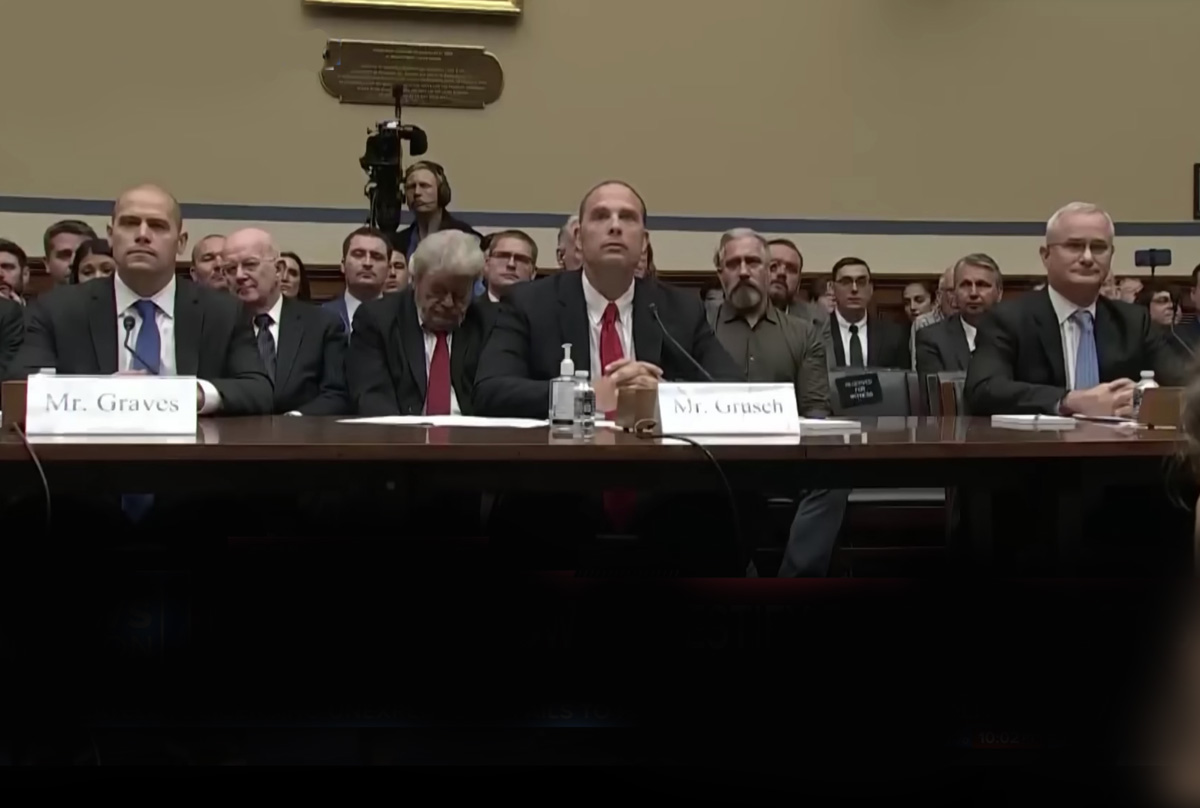
Photo: News Nation
When we shift the lens back to the recent US UAP hearing witnesses and UFO witnesses in general, the comparison to Nobel Disease becomes clearer. Like the lauded scientists, military pilots and intelligence officers are experts in their fields. Their training focuses on flying aircraft under various conditions, engaging with potential threats, and understanding the tactical implications of their encounters. Identifying potential extraterrestrial technology, however, is a vastly different skill set.
Ryan Graves, David Grush, and David Fravor have impressive careers that demand respect, but expertise in flying a plane or commanding a naval unit does not extend to expertise in identifying and analysing unknown aerial phenomena. They can accurately report what they saw, but interpreting these sightings involves a different set of knowledge and skills.
The Human Factor
Adding a further layer of complexity is the human factors of perception and bias. Regardless of our profession, we are all susceptible to errors in perception and judgement. Kary Mullis' denial of climate change and HIV/AIDS theories serves as a stark reminder that even the most brilliant minds can fall prey to cognitive biases and logical fallacies. Pilots and intelligence officers, no matter how skilled, are not immune to this very human tendency.
There's no denying that military witnesses are valuable, but they are no more qualified to identify and analyse what they saw than any member of the public who has witnessed something similar. Their training and experience are important, but that doesn't automatically make them better at understanding or explaining unknown flying objects. Therefore, all viewpoints, observations, and interpretations should be considered in a thorough investigation into UAPs.
As shown by the intriguing and sometimes disconcerting cases of 'Nobel Disease,' being an expert in one field doesn't make someone an authority in all areas. As we progress in our journey to understand the unknown, it is vital to remember that a broad and diverse range of perspectives is essential. We must approach claims, even those made by the most seasoned professionals, with open-mindedness, curiosity, and thoughtful scrutiny, valuing contributions from various areas of knowledge and experience.
More On Congressional UAP Hearings
See All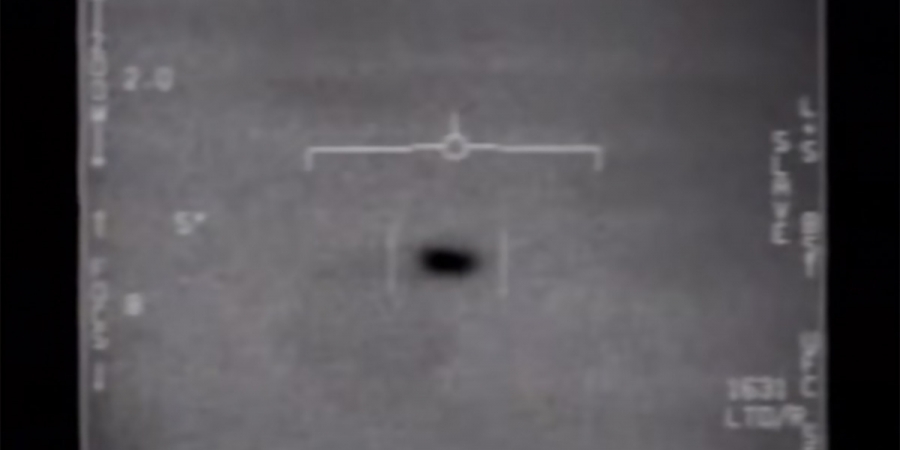
ArrayDecember 24, 2024
2024's Year Of UAPs Quiz
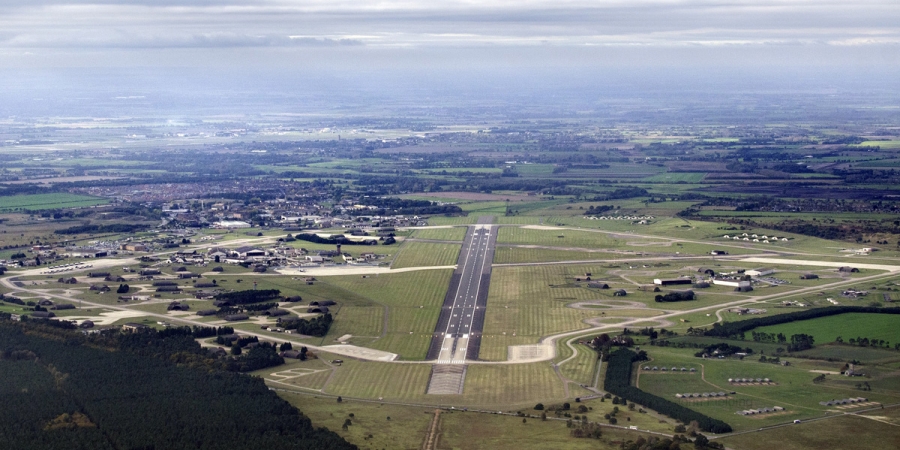
ArrayNovember 27, 2024
Multiple Drone Incursions Over UK Military Bases Spark Debate On UAPs
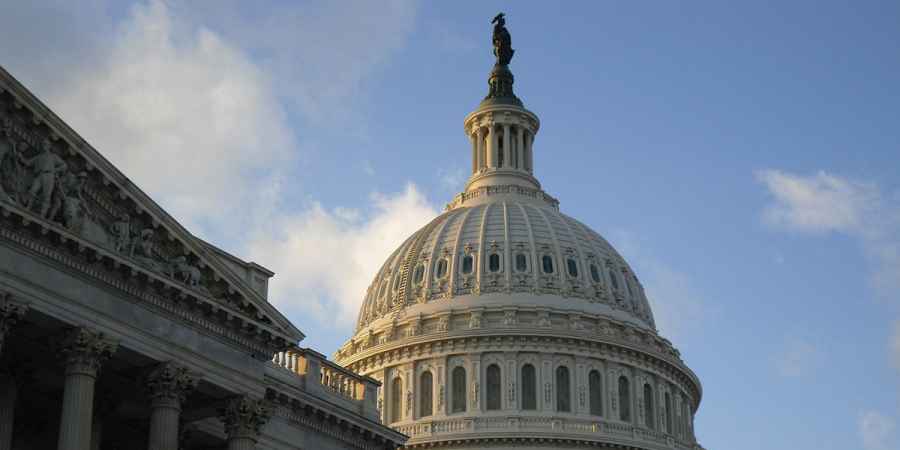
ArrayNovember 23, 2024
British Psychic Predicts Full Government Disclosure On UFOs In 2025
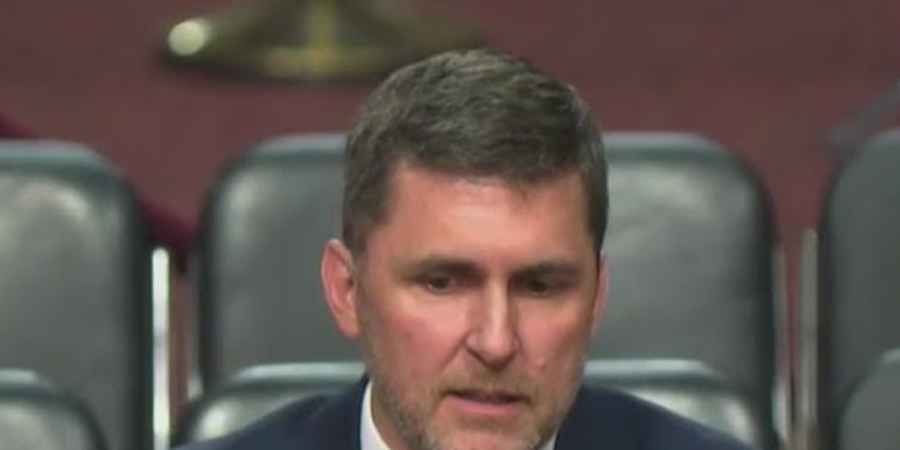
ArrayNovember 21, 2024
No 'Verifiable Evidence' Of Aliens Say Director Of Pentagon's UAP Office
Further Reading
Dive into the world of the paranormal and unexplained with books by Higgypop creator and writer Steve Higgins.

Whispers From The Other Side
A guide to capturing and analysing EVPs for ghost hunters of all levels, covering techniques and theories.
Buy Now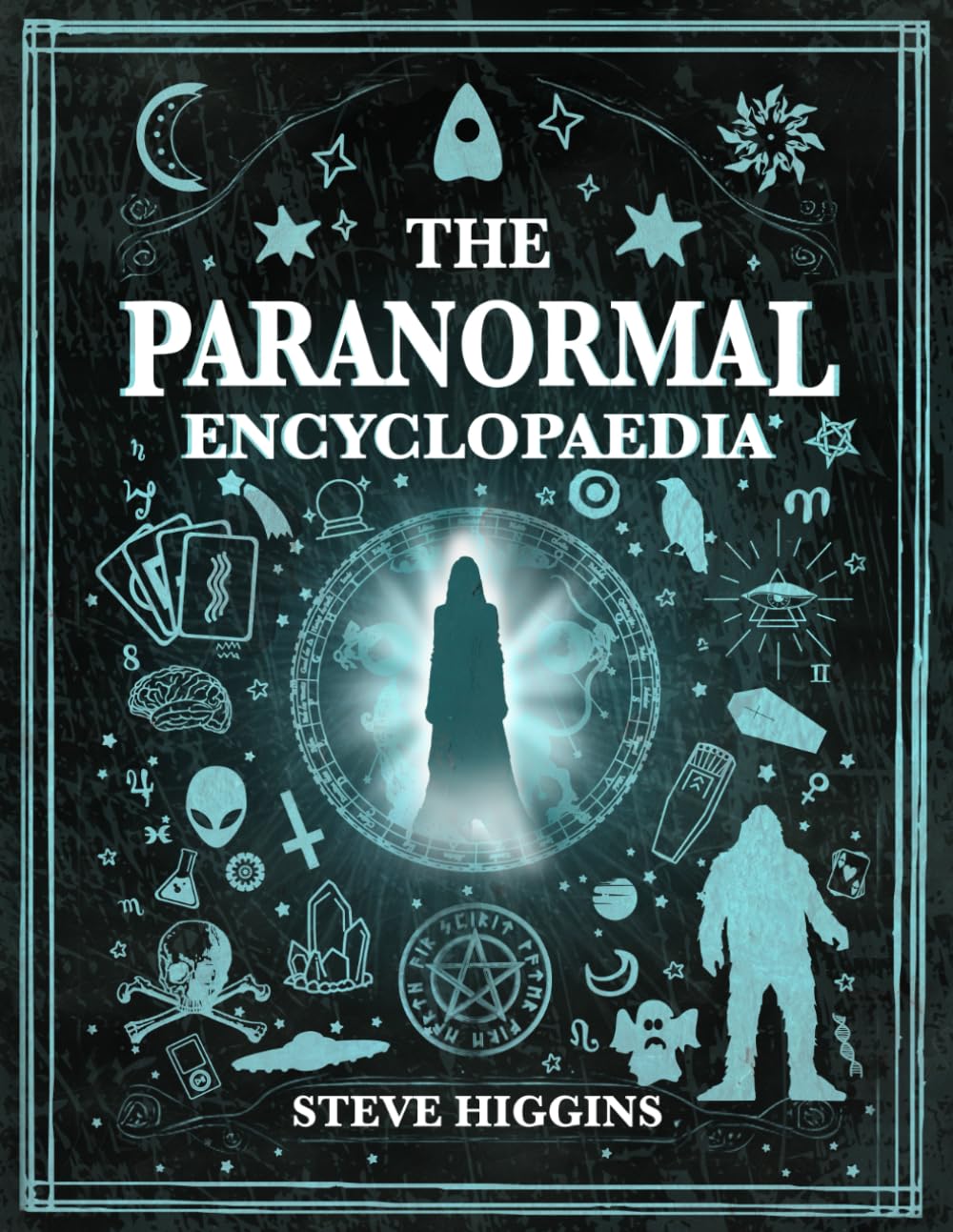
The Paranormal Encyclopaedia
A comprehensive encyclopaedia of over 200 unexplained topics, from mind reading to Ouija boards.
Buy NowMore Like This
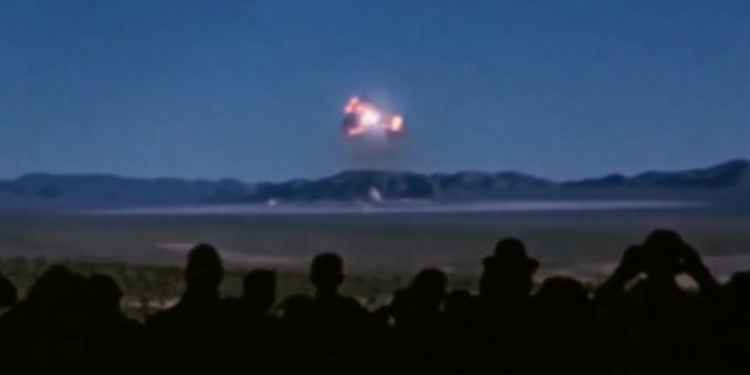
UfosMarch 21, 2025
8 UFO/UAP Documentaries You Have To See
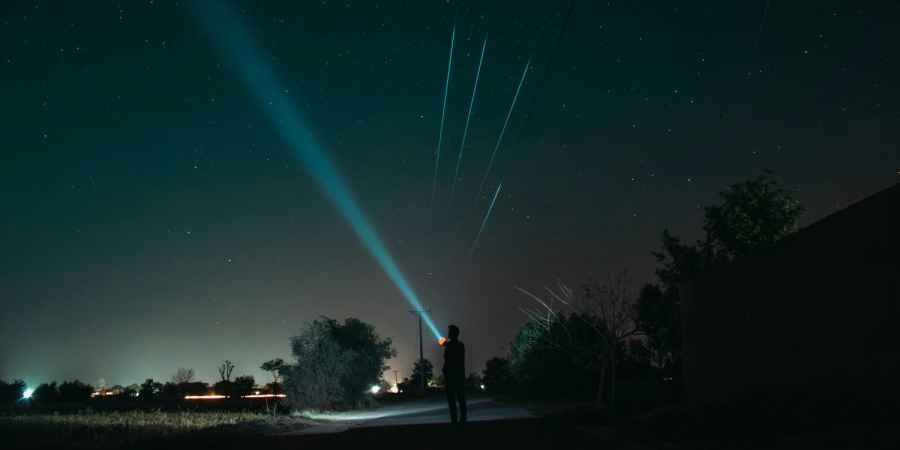
AliensMarch 15, 2025
Today Is World Contact Day - Here Are 5 Ways You Can Try To Contact Aliens
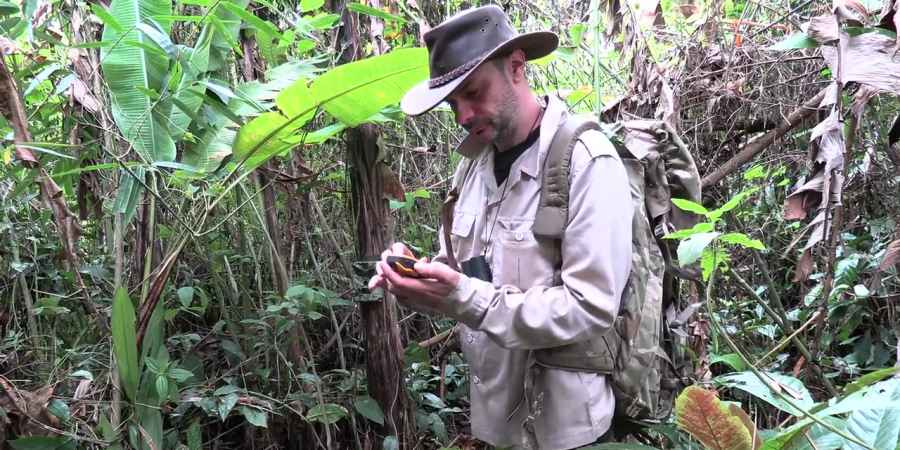
Big CatsMarch 12, 2025
Elusive Orang Pendek & Sumatran Tiger Discovery Captured In Groundbreaking Expedition
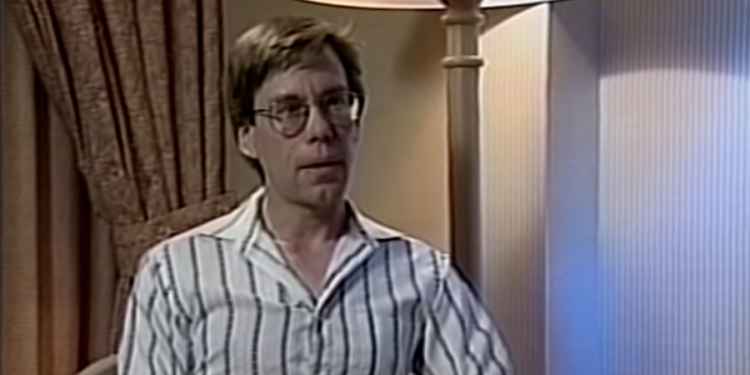
UfosMarch 04, 2025
The Most Famous & Influential UFO Whistleblowers Of All Time
 See More on Audible
See More on Audible
Comments
Want To Join The Conversation?
Sign in or create an account to leave a comment.
Sign In
Create Account
Account Settings
Be the first to comment.